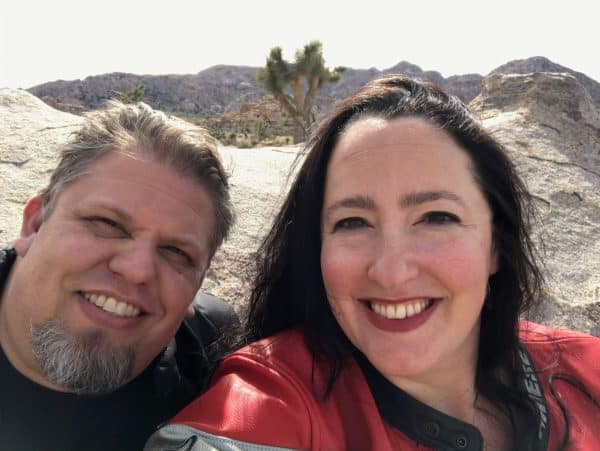Cochlear has made a commitment to help you “Hear Now. And always”
That begins when you take the first step toward better hearing with a cochlear implant, but it doesn’t stop there. Processor upgrades are just one way that Cochlear is committed to improving your hearing experience.
Meet Shane, a bilateral Nucleus® recipient who says his world changed when he upgraded to the Cochlear™ Nucleus® 7 Sound Processor.
From silence to sound
Shane was born with normal hearing, but when he was 18 months old he suffered from a high fever. By the time he was 3 years old, his parents noticed he was having trouble hearing.
“I wore hearing aids from age three to age thirty— that’s when I got a cochlear implant, because hearing aids weren’t doing it anymore,” Shane said.
He was bilaterally implanted in March 2006. He said his activation day was “quite an overwhelming experience.”
“When I was wearing hearing aids, my word recognition was zero percent,” Shane said. “Going from that, and being activated, the volume was so tremendous that I broke out into a sweat. I was overwhelmed by how much I could actually hear.”
He said he initially heard voices in a high-pitched tone, but after 2-3 months of adjustment and practice he was able to hear voices at a normal pitch.
Shane started with the Cochlear™ Nucleus® Freedom processor, before upgrading to the Cochlear™ Nucleus® 5 processor, the Cochlear™ Nucleus® 6 processor, and finally the Cochlear™ Nucleus® 7 processor.
The latest and greatest
Shane said the Nucleus 7 processor is the best upgrade yet.
“All the technology that the Nucleus 7 has is what I’ve been waiting for for the past ten to twelve years,” he said.
His favorite feature is the Made for iPhone compatibility, which allows him to stream audio from his phone straight to his processor.
“I love the ease of connection— when you answer the phone, it’s already connected,” he said. “I don’t have to bumble around with the phone clip. It’s amazing how the connectability is seamless.”
Shane said he also appreciates how Cochlear’s SmartSound® iQ and SCAN1 technology are able to customize his hearing for every environment.
“With the Nucleus 6 processor, I could tell when sound adjustment was happening,” he said. “With the Nucleus 7 processor, they’ve made it so much better—I can barely tell it’s changing. The processing speed is so much faster that I can’t tell, and it’s amazing.”
Shane added that the upgrade brought him not only better sound, but also greater comfort.
“It has made my life a lot more enjoyable,” he said. “With the Nucleus 6 processor, I would not put my processors on until noon or after noon, because I had pain from wearing them, they were so heavy. With the new Nucleus 7 processors, they’re so light that I can barely feel that they’re there.”
His advice: Be your own advocate
Shane’s advice to other Cochlear Implant recipients considering an upgrade is to be an advocate for their own hearing.
“Don’t accept that Cochlear will do everything—you still need to put in some legwork, call your insurance, see what they say. Sometimes different people will tell you different things,” he said. “But don’t give up. There is a solution.”
Interested in upgrading? You can learn more about the Nucleus 7 processor now!
- SNR-NR, WNR and SCAN are approved for use with any recipient ages 6 years and older who is able to 1) complete objective speech perception testing in quiet and in noise in order to determine and document performance 2) report a preference for different program settings
